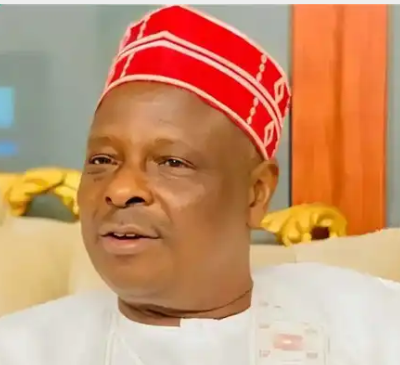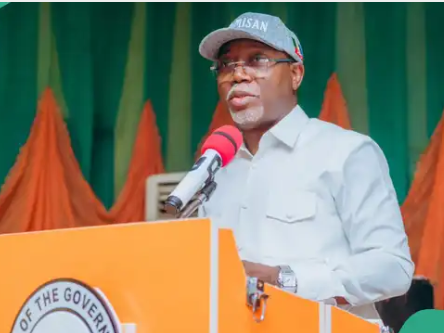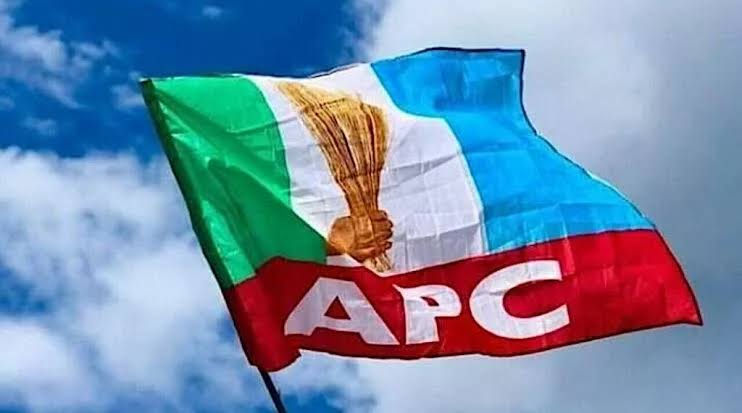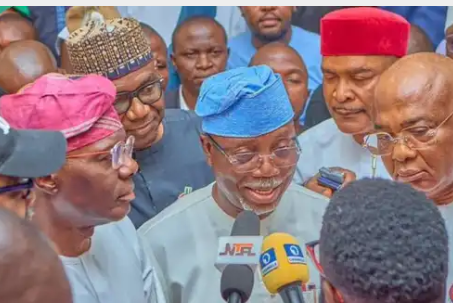The Nigerian National Petroleum Company Limited (NNPCL) spokesperson, Mr. Olufemi Soneye, has stated that the Group Chief Executive Officer (GCEO), Mr. Mele Kyari, has kept fuel prices at N620 per liter for Nigerians over the past year, even as the landing cost has surpassed N1,100 per liter.
Mr. Soneye, who serves as the Chief Corporate Communications Officer for NNPCL, made this clarification on Tuesday, responding to recent calls from protesters for Kyari’s removal. He explained that the protesters’ demands are rooted in a misunderstanding of the fuel supply chain and the challenges facing the sector.
“If they were better informed, they would know that the GCEO is not the cause of the fuel price hike. Mele Kyari ensures that Nigerians buy fuel at N620 per liter for over a year, despite the landing cost being over N1,100,” Soneye stated, emphasizing that Kyari is not to blame for the recent fuel price increase.
Soneye also addressed allegations that NNPCL imports adulterated fuel, urging those with evidence to present it. “NNPC Ltd. does not import adulterated fuel. If anyone has evidence to the contrary, they should provide samples. We have more pressing issues to focus on, particularly on securing the nation’s energy future,” he said....Read Full Article [Click Here>]
These remarks followed a November 4, 2024, protest at the NNPCL headquarters in Abuja, organized by the Citizens and Economic Freedom Rights Activists in Nigeria (CEFRAN) and the Two Million Man March Against Oil Scam Cabal. The demonstrators demanded an end to the alleged importation of adulterated fuel and expressed frustration over ongoing fuel shortages, calling the situation a “national disgrace” and urging an immediate resolution to the country’s fuel queues.
NNPCL’s confirmation that it has maintained fuel prices at N620 per liter despite a landing cost exceeding N1,100 implies that the company has been effectively subsidizing fuel prices, suggesting that the government has been covering a subsidy of nearly N500 per liter.
A previously released document, later refuted by government officials, estimated that fuel subsidy payments would reach N5 trillion in 2024. This latest situation underscores the financial strain of fuel subsidies on the national economy, even as discussions about subsidy reforms continue.





